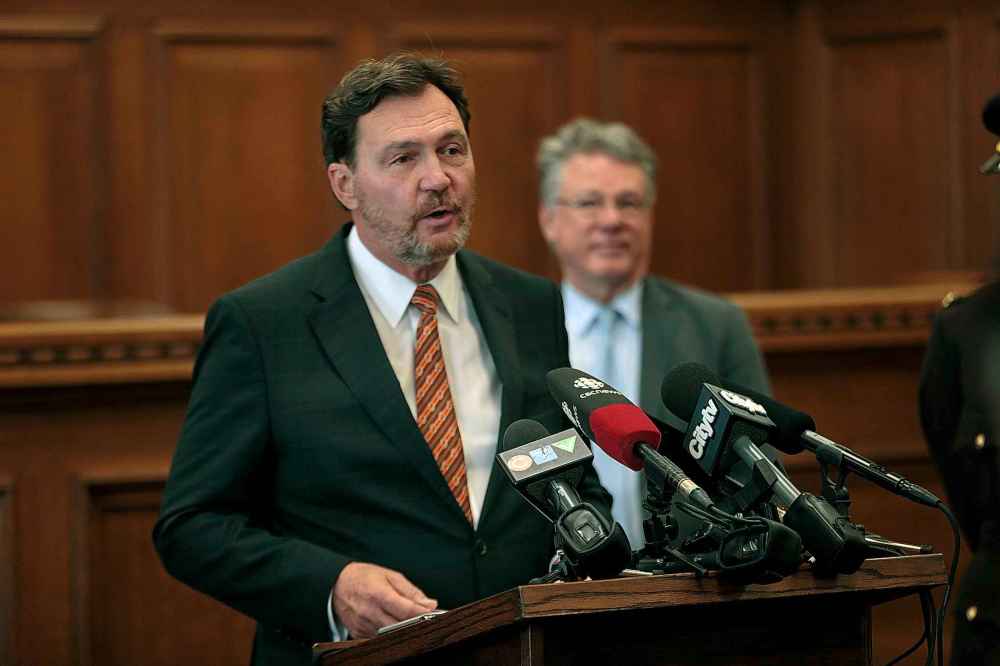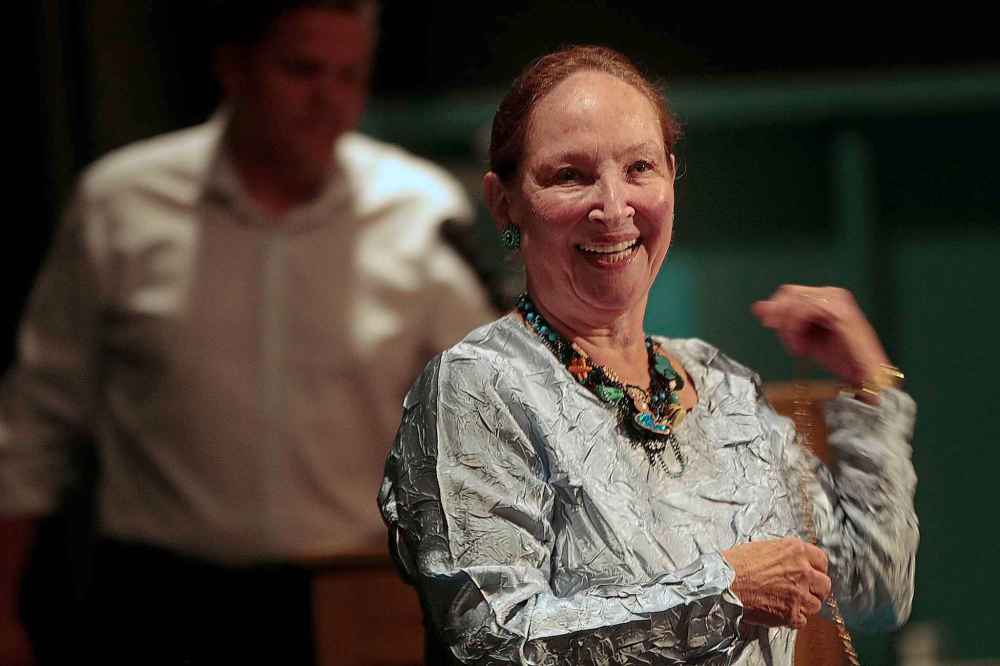Justices wise to escape Ottawa bubble
Advertisement
Read this article for free:
or
Already have an account? Log in here »
To continue reading, please subscribe:
Monthly Digital Subscription
$0 for the first 4 weeks*
- Enjoy unlimited reading on winnipegfreepress.com
- Read the E-Edition, our digital replica newspaper
- Access News Break, our award-winning app
- Play interactive puzzles
*No charge for 4 weeks then price increases to the regular rate of $19.00 plus GST every four weeks. Offer available to new and qualified returning subscribers only. Cancel any time.
Monthly Digital Subscription
$4.75/week*
- Enjoy unlimited reading on winnipegfreepress.com
- Read the E-Edition, our digital replica newspaper
- Access News Break, our award-winning app
- Play interactive puzzles
*Billed as $19 plus GST every four weeks. Cancel any time.
To continue reading, please subscribe:
Add Free Press access to your Brandon Sun subscription for only an additional
$1 for the first 4 weeks*
*Your next subscription payment will increase by $1.00 and you will be charged $16.99 plus GST for four weeks. After four weeks, your payment will increase to $23.99 plus GST every four weeks.
Read unlimited articles for free today:
or
Already have an account? Log in here »
Hey there, time traveller!
This article was published 23/09/2019 (2275 days ago), so information in it may no longer be current.
Winnipeg should warmly welcome the visit this week of the nine justices of the Supreme Court of Canada. This is the first time the Supremes have held court outside the Ottawa bubble. If we play our cards right, they will enjoy the experience so much that they will keep doing this in cities up and down the country.
Visits of this kind may help free the minds of Canada’s top judges from Ottawa-think. The nation’s capital is a delightful place, but it is also a government town, where government career prospects, lobbyists’ special interests and the fine points of political party warfare are huge preoccupations. It is good for the justices to breathe the air of other cities now and then to keep the Ottawa obsessions in perspective.
The judges have come here with an agenda, negotiated between Chief Justice Richard Wagner and their host, Manitoba Chief Justice Richard Chartier. They want to make themselves known to the public, believing that people who know them better will love them more and will more easily accept their judicial decisions.

They also want to hear from Indigenous representatives, Métis people and franco-Manitobans, groups whose collective rights — along with those of the Inuit — enjoy protection in the Canadian Constitution. These meetings will allow for wide-ranging examination of the claims of those protected groups without the constraints that would usually apply in an adversarial proceeding before the court.
Judges decide cases on the basis of the law they know, the facts presented to them and the pleadings they hear. They also must rely on the life experience they bring to the bench with them. Former chief justice Beverley MacLachlin makes that point forcefully in her autobiography, released this week. Her own experience of watching her first husband die a painful death from cancer was in her mind later when she ruled in favour of allowing medical assistance in dying.
We cannot ask judges to pretend they do not know the things they do know about Canada and its communities, about the human experience of life in 21st-century Canada. We can ask that their experience be wide and varied. That is accomplished partly by appointing judges of widely varying backgrounds, but that’s hard to do because you only get appointed to the Supreme Court of Canada after spending your life studying and practising law and conducting trials.

The other way to diversify judges’ backgrounds is to send the judges out into the country to meet Canadians, listen to them, hear their stories. That is what Chief Justice Wagner and his court appear to be doing this week in Winnipeg.
Before the MacLachlin years, Supreme Court justices quite deliberately kept themselves in a bubble of isolation so they could not be suspected of forming preconceptions about the cases before them or suffering back-door influence. The more relaxed and confident rules that now apply should allow a breath of fresh air to blow through the court.
This week’s judicial experiment gives Winnipeg the chance to start building a new, closer relationship between Canada’s people and its top judges. Winnipeggers should join in the experiment with an open mind, ready to learn, ready to be surprised. The justices, too, should keep an eye out beyond the agenda that is laid down for them and allow themselves to be surprised by what they see and hear during a week in Winnipeg.
History
Updated on Monday, September 23, 2019 11:03 PM CDT: Updates story.


